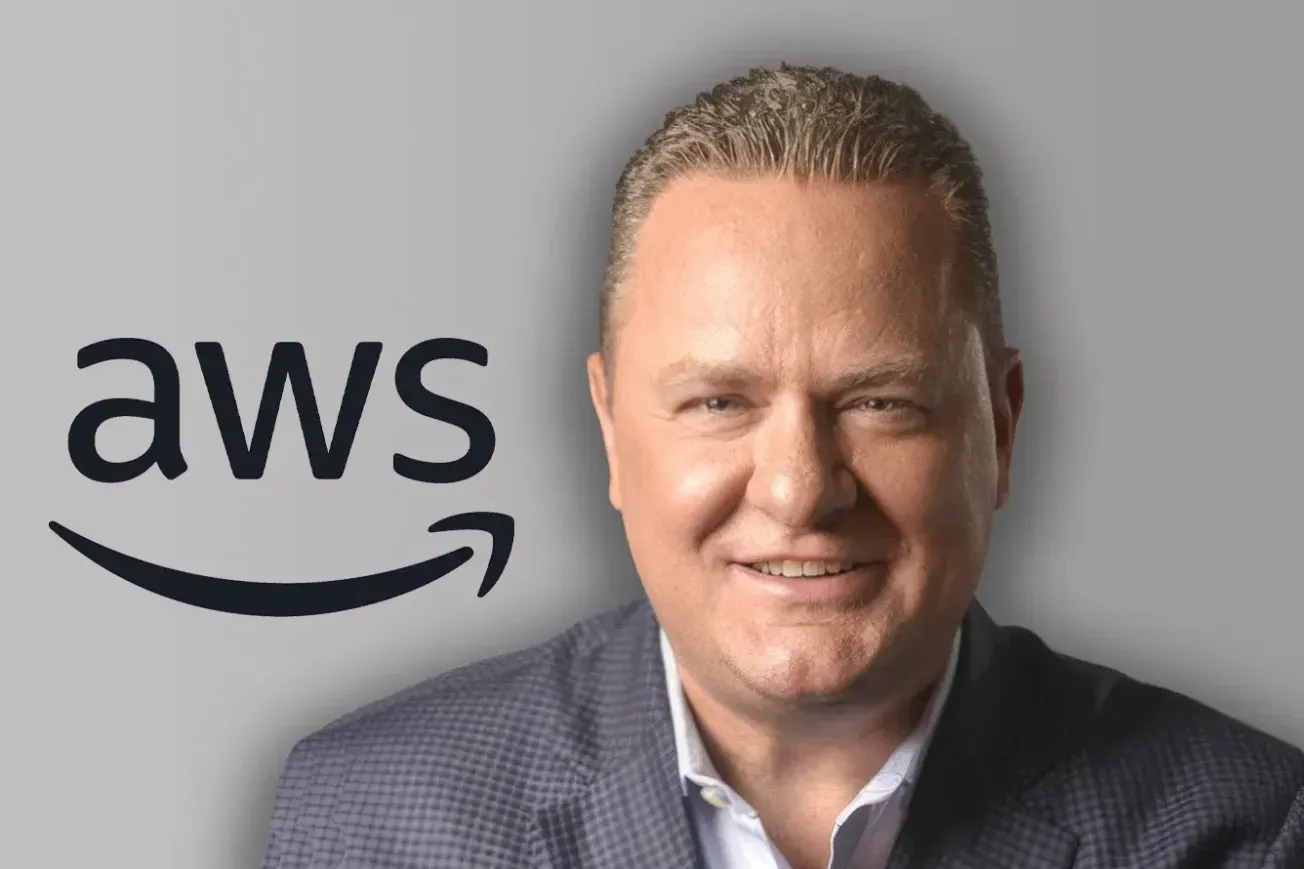Anyone who had doubts about the depth and durability of Amazon’s commitment to disrupting the health care system should have had those concerns put to rest when the company agreed last month to pay some $3.9 billion to acquire One Medical, a provider of physician-delivered primary care services, and 1Life Healthcare Inc., the network’s administrative arm.
 One Medical’s technology-enabled model is designed to give patients access to a seamless combination of in-person, digital and virtual care services. The company currently operates some 180 brick-and-mortar clinics in 25 cities across the country, and helps more than 8,000 employers deliver health care to their workers.
One Medical’s technology-enabled model is designed to give patients access to a seamless combination of in-person, digital and virtual care services. The company currently operates some 180 brick-and-mortar clinics in 25 cities across the country, and helps more than 8,000 employers deliver health care to their workers.
“We think health care is high on the list of experiences that need reinvention,” says Neil Lindsay, senior vice president of Amazon Health Services. “We see lots of opportunity to both improve the quality of the experience and give people back valuable time in their days. We look forward to delivering on that long-term mission.”
Amazon’s willingness to invest in sectors with high growth potential and sustain that investment over a period of years, coupled with its relentless customer-first approach, bode well for its latest health care initiative.
The combination of One Medical with Amazon Pharmacy gives the company a range of capabilities — albeit still on a relatively small scale — to mount a serious challenge to such established players at CVS Health, Walgreens Boots Alliance and Walmart.
Those companies are well on their way toward expanding traditional pharmacy practice and melding it with primary care services delivered in-store and digitally. A pioneer in offering medical treatment in a retail setting, CVS has more than 1,100 MinuteClinics and 950 HealthHUBs staffed by nurse practitioners in its stores, and it intends to add physician services to its repertoire this year. WBA, the majority shareholder in VillageMD, is rapidly rolling out the primary care practice nationwide. It plans to have 600 or more VillageMD at Walgreens facilities in operation by 2025.
Walmart Health continues its slow, steady expansion, opening clinics that supplement primary care with dental, vision and mental health services.
Like Amazon, all of those companies envision a health care system in which patients receive treatment both virtually and in person. With health care spending in the U.S. running at $4 trillion a year, the stakes are high and the contestants are formidable. The hope here is that competition among them will result in more effective, efficient and accessible care for all Americans.





